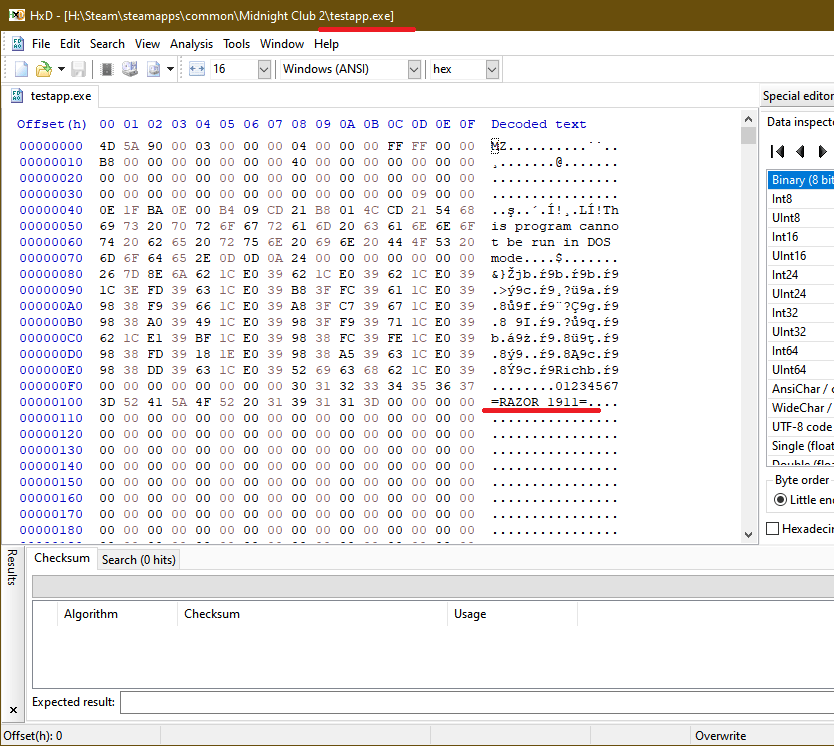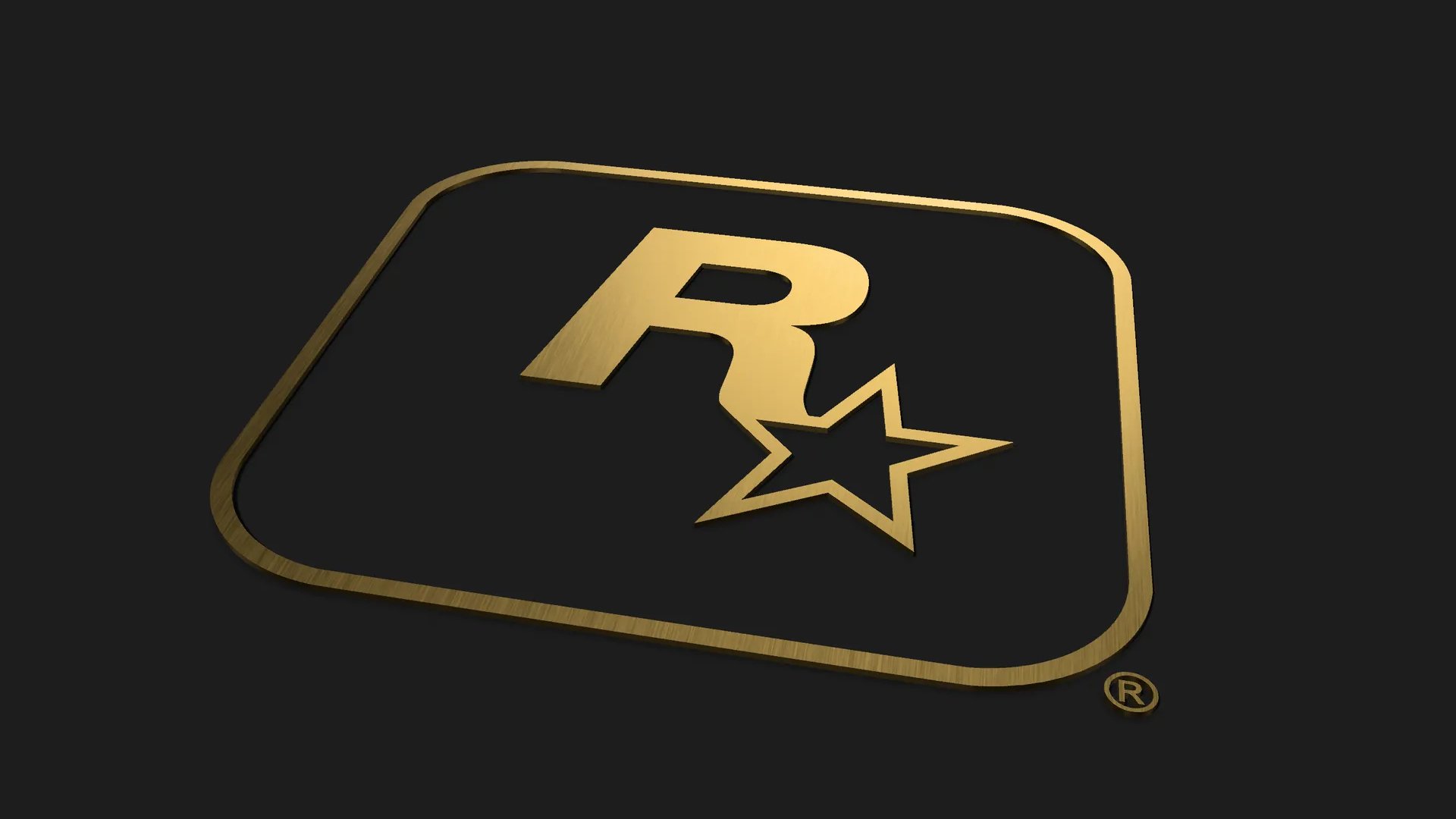It’s a shame: Rockstar has been caught selling cracked versions of its own games on Steam in order to circumvent its own anti-piracy protections.
As we know, Rockstar is not the best student in the work of preserving the old glories of its catalog. And when it comes to bringing its classics up to date, like Red Dead Redemption first name or GTA, the studio seems to adopt the strategy of the bare minimum.
Worse still, the studio reportedly has a habit of selling pirated versions of its games to circumvent its own anti-piracy measures. The problem: games sold legally become unusable for players.
When Rockstar shoots itself in the foot
A content creator specializing in the GTA series, Vadim M, tells the story in a YouTube video about Manhunt, an old game from the studio. The Steam version of the title released in 2008 very quickly became unplayable for many players, who found themselves stuck in front of closed doors, falling through the floor or simply seeing their game crash unexpectedly.
The cause: Rockstar would have left anti-piracy measures in place in the game, penalizing players who bought it on Steam. These measures, they did not affect players who illegally downloaded the game, so why were they active for players wanting to remain legal? Because the studio simply sold the cracked version of the game without removing the DRM protections.
The keenest observers have thus discovered the signature of the group of pirates Razor 1911 in the executable present in the root folder of the title. The same signature was found in the files of Max Payne 2 And this week on X (Twitter) in Midnight Club IIwhich also showed many bugs, certainly less blocking than those of Manhunting. Once discovered, Rockstar hastened to update the version of the game by replacing the executable with the original, while leaving the cracked version present in the folder under another name. Lunar.

A practice not so isolated
The use of copy and piracy protections in video games has always been controversial. DRMs like Denuvo have a reputation for degrading game performance: we remember Resident Evil Village, whose frame rate were resolved once the game was cracked. Very often, the studios withdraw this type of protection several weeks or months after the release of the game following the sometimes massive dissatisfaction of the players. The most recent example is Forspoken which greatly benefited from the withdrawal of Denuvo last July.
But just like Rockstar, other studios do not hesitate to exploit cracked versions of their games on online stores. Ubisoft was caught red-handed in 2008 for offering a patch using a so-called “no-cd” crack for the game Rainbow Six: Vegas 2, allowing players who have purchased the game to play it. The practice also affects the world of emulation by the manufacturers themselves: Nintendo and Sega are regularly accused of selling illegal ROMS from their catalog on their consoles.
If the trend is obviously not generalized, it would seem that the work of pirates is sometimes beneficial to players.
Want to join a community of enthusiasts? Our Discord welcomes you, it’s a place of mutual aid and passion around tech.
